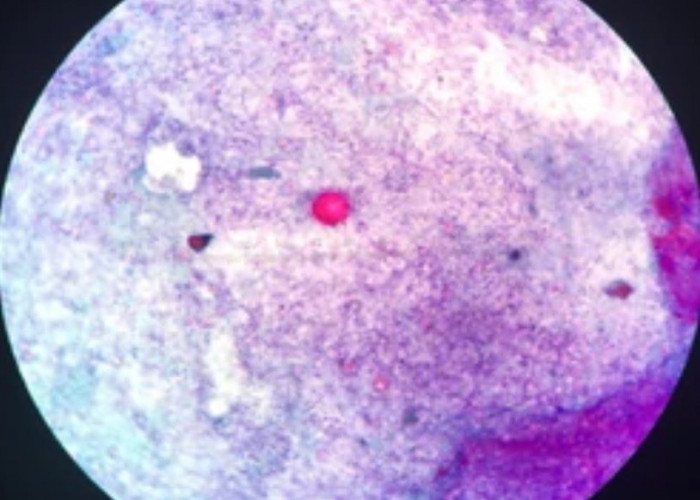 Welcome
Welcome
“May all be happy, may all be healed, may all be at peace and may no one ever suffer."
Cyclospora infection

Cyclospora infection, also known as cyclosporiasis, is an illness caused by the Cyclospora parasite. The infection is typically acquired by consuming food or water that has been contaminated with the parasite.
Symptoms of cyclospora infection can include diarrhea, nausea, vomiting, stomach cramps, and fatigue. Some individuals may also experience loss of appetite, weight loss, and low-grade fever.
Diagnosis of cyclospora infection involves laboratory testing of stool samples for the presence of the parasite. Treatment may involve a course of antibiotics, such as trimethoprim-sulfamethoxazole, to eliminate the parasite.
Prevention of cyclospora infection involves practicing good food and water hygiene, such as washing hands thoroughly before handling food, washing fruits and vegetables before consumption, and avoiding drinking untreated water.
Complications of cyclospora infection can include dehydration, malnutrition, and prolonged illness. It is important for individuals with cyclospora infection to work closely with their healthcare provider to manage their condition and prevent complications.
Research Papers
Disease Signs and Symptoms
- Diarrhea
- Loss of appetite
- Weight loss
- Abdomen bloating
- Abdomen cramps
- Nausea or vomiting
- Muscle pain
- Fever
- Watery diarrhea three or more times a day for two or more days
Disease Causes
Cyclospora infection
A one-celled parasite, Cyclospora cayetanensis, causes cyclospora infection. You get it by drinking water or eating food that's been contaminated by a person infected with the parasite.
A person infected with cyclospora passes the parasite in stool. However, unlike some other foodborne parasites, cyclospora doesn't become infectious until days or weeks after it's passed in a bowel movement. So it's unlikely that you can get the infection directly from a person infected with cyclospora, such as a restaurant worker who doesn't wash his or her hands adequately after using the toilet.
Before the 1990s, sporadic cases of cyclospora infection turned up only in people who traveled in developing countries and in those with HIV or another condition that caused a weakened immune system. However, since the 1990s, lettuce, fresh basil and imported raspberries have been implicated in cyclospora outbreaks in the United States and Canada.
Disease Prevents
Cyclospora infection
When traveling to developing nations, it's essential to be careful about what you eat and drink. However, recent cyclospora infection outbreaks have been linked to foods imported to or grown in the United States and Canada. Unfortunately, even careful washing of foods isn't enough to eliminate the parasite that causes the infection.
To keep track of what foods have been linked to recent outbreaks of cyclospora infection, you may want to periodically check the food safety alert section of the Food and Drug Administration's website.
Disease Treatments
Treatment for cyclospora infection is a combination antibiotic known as trimethoprim-sulfamethoxazole (Bactrim, Septra). If you're unable to take trimethoprim-sulfamethoxazole, your doctor may prescribe ciprofloxacin or nitazoxanide (Alinia).
Disease Diagnoses
Disease Allopathic Generics
Disease Ayurvedic Generics
Disease Homeopathic Generics
Disease yoga
Cyclospora infection and Learn More about Diseases

High blood pressure in children

Aortic valve stenosis

Tricuspid valve disease
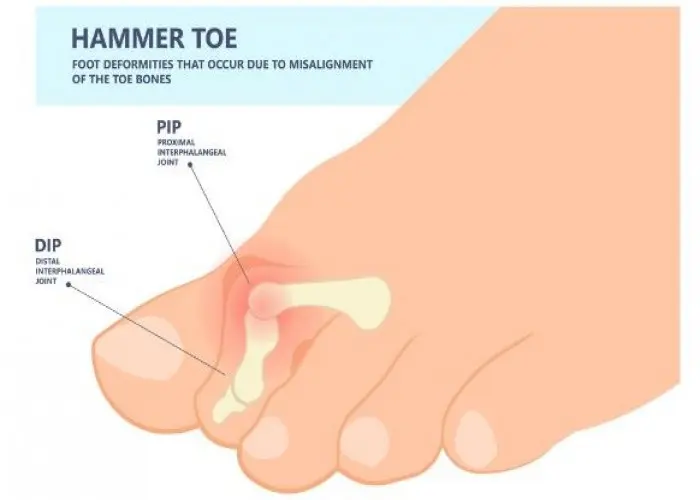
Hammertoe and mallet toe
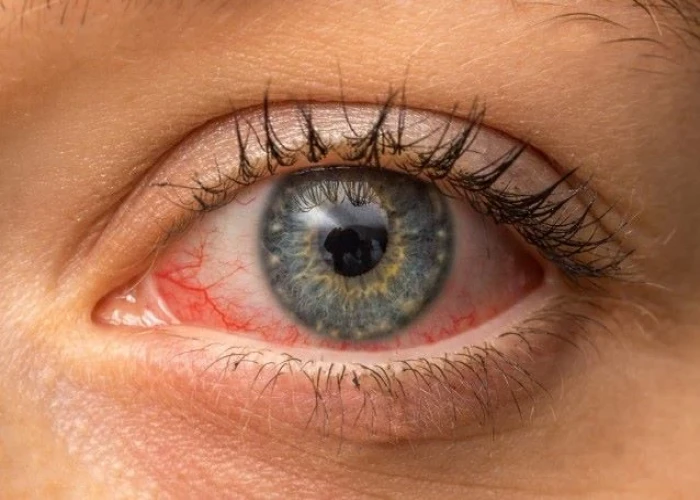
Retinal diseases
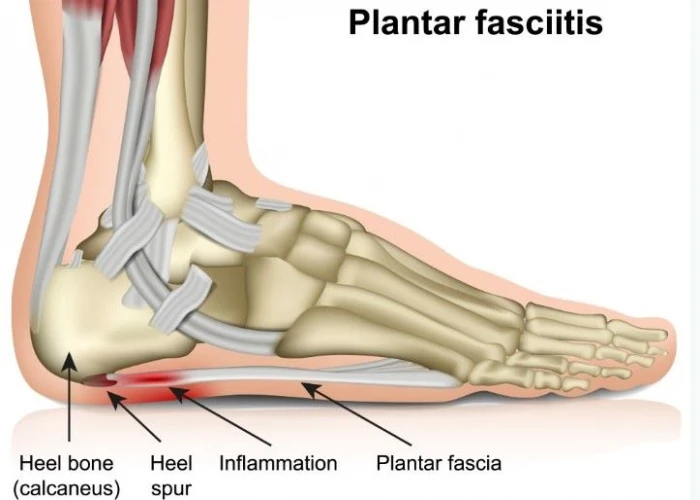
Plantar fasciitis

Retention of Urine
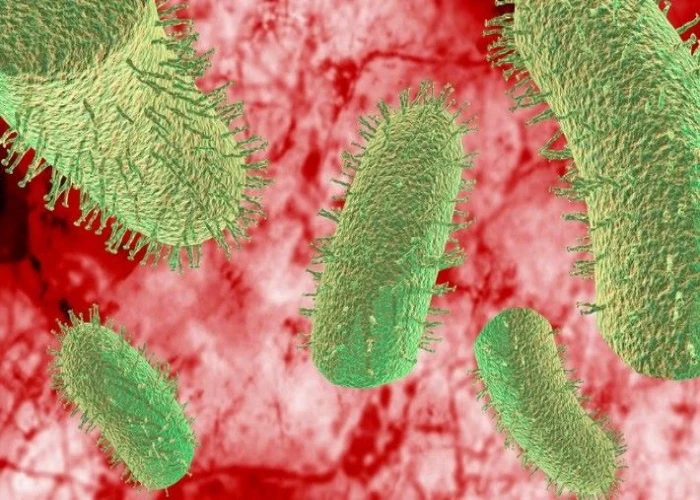
Rabies
Cyclospora infection, Cyclosporiasis, Cyclospora symptoms, সাইক্লোস্পোর সংক্রমণ
To be happy, beautiful, healthy, wealthy, hale and long-lived stay with DM3S.
